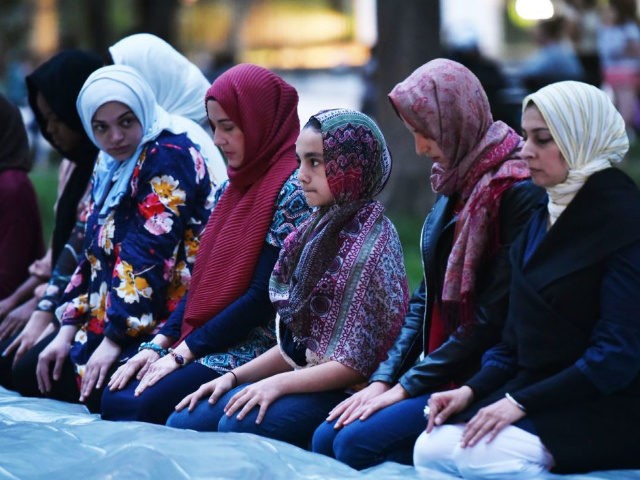Dutch author and sociologist Ruud Koopmans said this week that Muslims are more difficult to integrate into Western society than other migrant groups because of a literal interpretation of the Quran prevalent among Muslims.
Koopmans, a professor at the Berlin Social Science Center and author of several books including Contested Citizenship: Immigration and Cultural Diversity in Europe, told the Danish newspaper Berlingske that whereas most groups of migrants integrate relatively quickly, especially from one generation to the next, Islam stands out as an exception.
“Although it’s not completely absent in Muslims, the change is much slower,” he said, noting that a literal interpretation of the Quran prevents them from integrating into Western countries.
In an earlier published study titled “Fundamentalism and out-group hostility,” Koopmans compared Muslim radicalism with Christian radicalism to better understand why Islam stands out for its isolationism.
“Almost 60 percent agree that Muslims should return to the roots of Islam,” he wrote, while “75 percent think there is only one interpretation of the Qur’an possible to which every Muslim should stick.”
Koopmans, who has been studying Islam for over twenty years, also found that “65 percent say that religious rules are more important to them than the laws of the country in which they live.”
Regarding Christian citizens on the other hand, Koopmans found that fewer than 4 percent “can be characterized as consistent fundamentalists.”
“I conclude that the Islamic world is lagging behind rest of the world when it comes to democracy, human rights, and political and economic development,” Koopmans told Berlingske in his interview this week.
“The main problem is how many Muslims and, globally, how many Muslim countries interpret Islam. Namely, in a way that basically claims that the Qur’an and the Sunna must be taken literally, and that the way the Prophet lived in the 7th century must be the yardstick for how Muslims should live in the 21st century,” he said.
“Such a brand of Islam is, firstly, a threat to world peace. Secondly, it prevents integration,” Koopmans concluded.
Although it is politically taboo to draw distinctions between ethnic groups when it comes to immigration, some scholars, including Pope Benedict XVI, have urged the West not to assume that all cultures share its basic suppositions about the human person and society.
Prior to his election as pope, Joseph Ratzinger wrote that “the interplay of society, politics, and religion has a completely different structure in Islam” than it does in the West.
Unfortunately, he added, much of today’s discussion in the West regarding Islam “presupposes that all religions have basically the same structure, that they all fit into a democratic system with its regulations and the possibilities provided by these regulations.”
“The Koran is a total religious law, which regulates the whole of political and social life and insists that the whole order of life be Islamic,” Ratzinger wrote. “Sharia shapes society from beginning to end. In this sense, it can exploit such partial freedoms as our constitution gives, but it can’t be its final goal to say: Yes, now we too are a body with rights, now we are present just like the Catholics and the Protestants.”
“In such a situation, it would not achieve a status consistent with its inner nature; it would be in alienation from itself,” he said.
Follow Thomas D. Williams on Twitter Follow @tdwilliamsrome

COMMENTS
Please let us know if you're having issues with commenting.